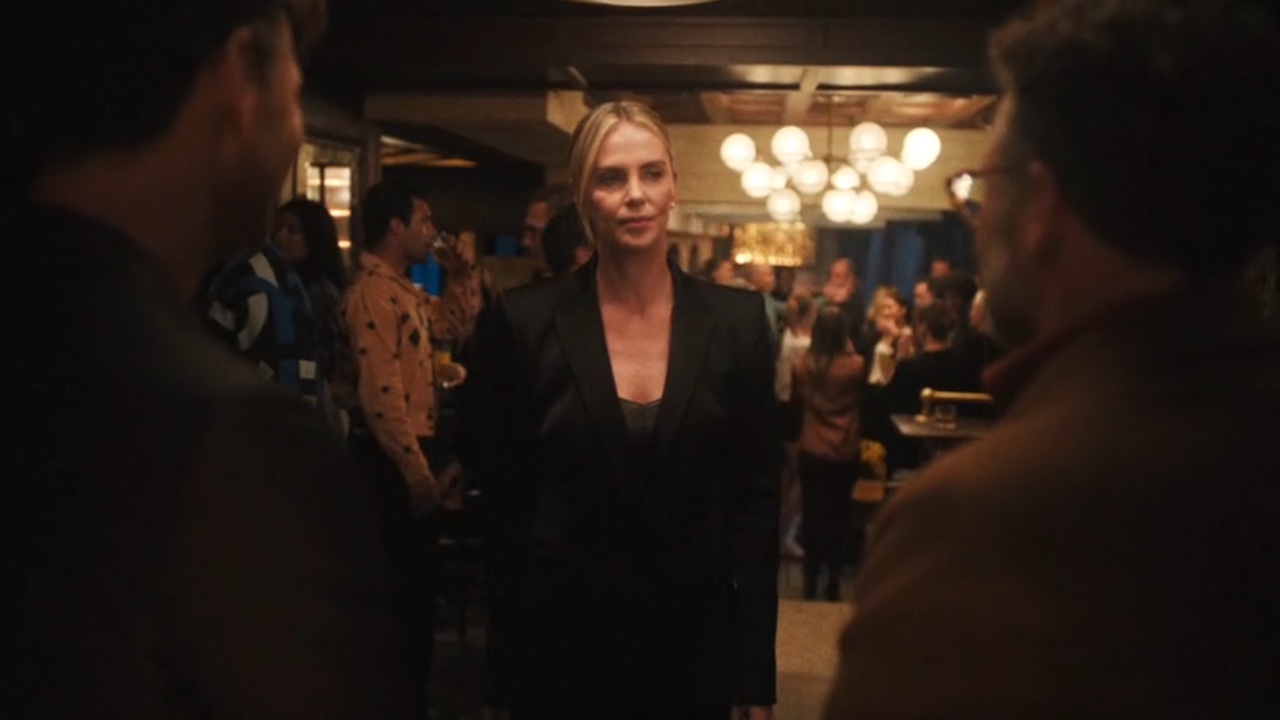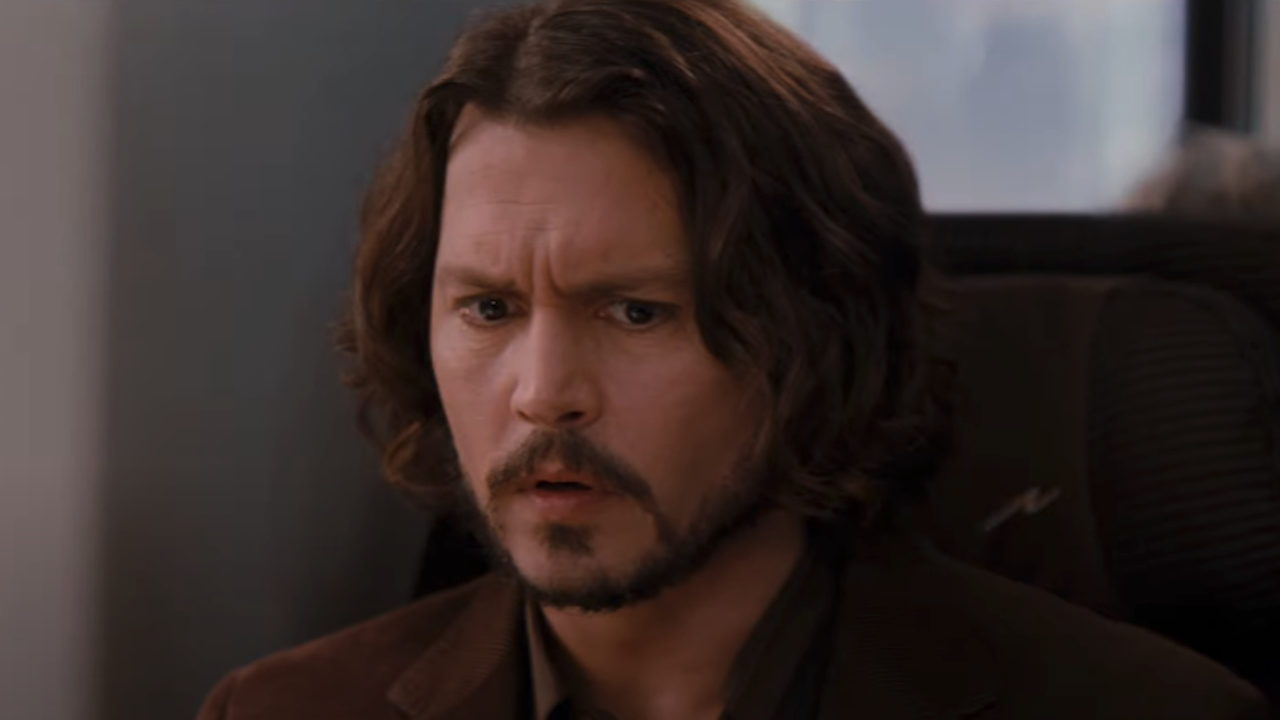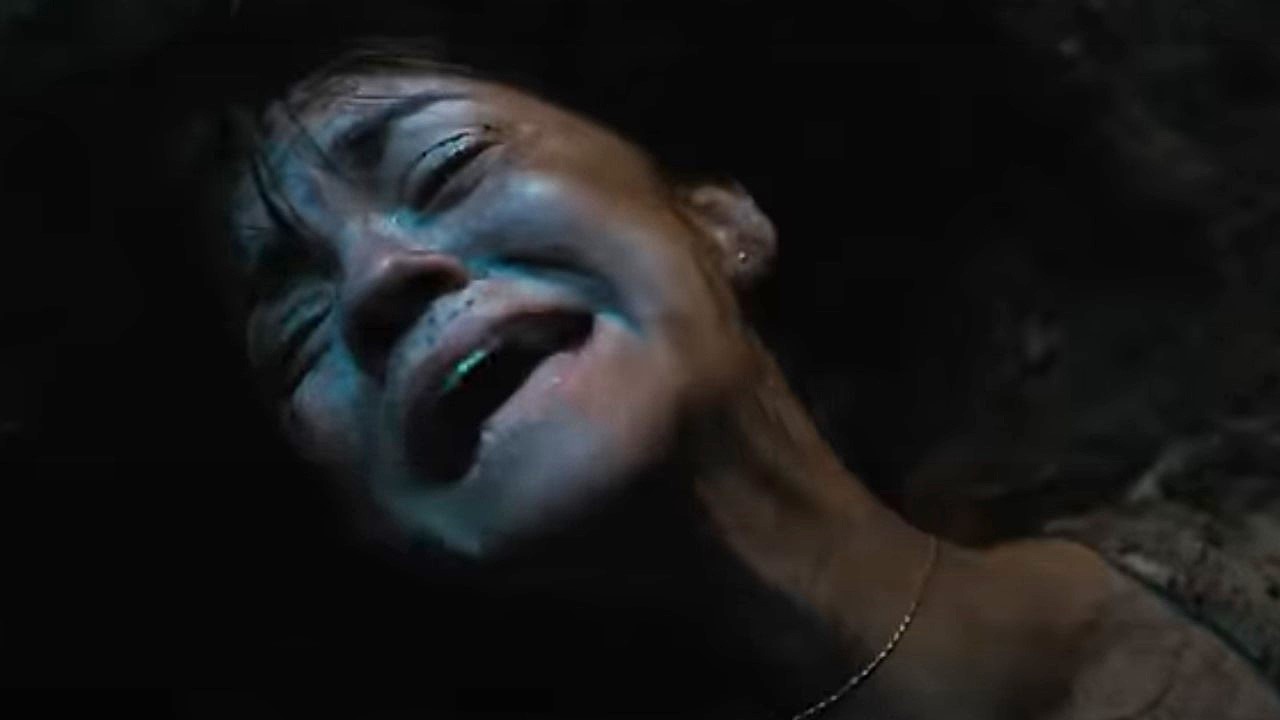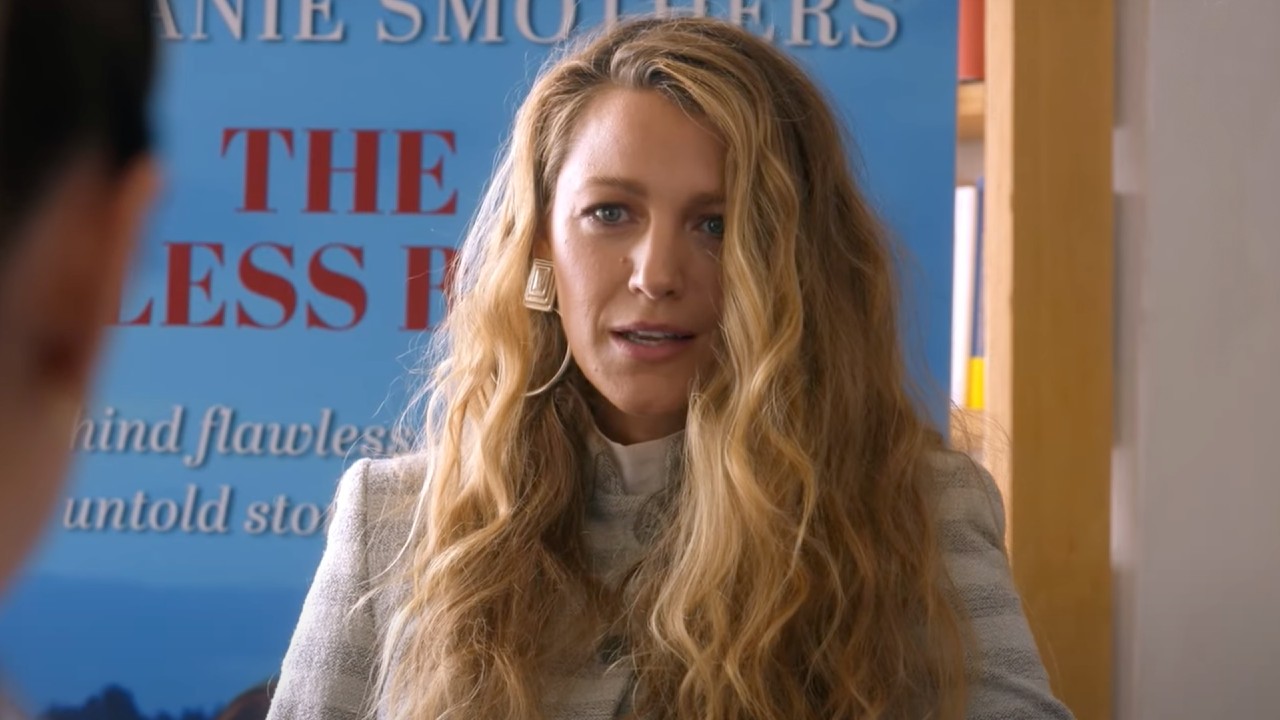Doctor Who Christmas Special 'The Time Of The Doctor' Watch: Stripped To Its Core
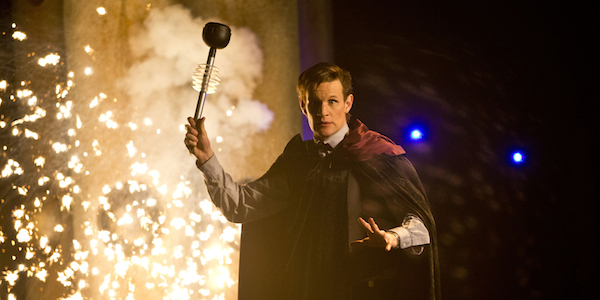
What a bittersweet Christmas. The holiday send-off for Matt Smith was both a reflection on his time — the fondest of farewells for one of the most beloved Doctors — and a rule-breaking send-off into a whole new world of Doctor Who. With a new face and a few ill-colored kidneys, Peter Capaldi capped off an episode that said goodbye to the old Who the way we all come into the world: naked and screaming.
But hey — at least we all like each other here, right? It’s a safe zone. “The Time of The Doctor” had quite a few things it needed to tackle, requiring honest, raw, and yes, naked vulnerability. So they stripped Eleven naked before making the impossible regeneration possible — and on Christmas day to boot!
No matter, you want clothes? Fine, here’s the illusion of clothes. Have fun knowing the truth but wanting to believe the lie: grams doesn’t seem to have a problem with it. The show had a fun time with that metaphor for the frilly bit of dressing up that is televised storytelling, but don’t let the humor fool you: Doctor Who is aware it is a television show, first and foremost. Dressing up is what they do, but they also have a lot of other balls in the air to juggle.
Like age. Having just reached its fiftieth anniversary, the show is old, even if the veneer and modernity of it all makes it feel relatively young. Besides, as they said in the Farewell to Matt Smith special that aired prior to: it is a kid show for adults and an adult show for kids. Making Smith’s aging the perfect twist — his stasis explored not on his time. Aged-up Smith did his best First Doctor/William Hartnell impression (at least in the hair department, though a lot of it is the hair with Smith — having it or not!) to show the physicality of his years. And if he’s been hanging around on Trenzalore for at least 300 years (though I’m wagering older), he’s around 1,500 years old now. Hello, perspective!
So suddenly, the audience was in the position of the show’s creators: all the truth was out there in plain site (or projected onto the retina), since lying was impossible in Christmas. But where anyone could’ve easily faltered, Moffat nailed it. Parts of the Doctor’s past (classic and new) were utilized to illustrate visually what was happening metaphorically. Tasha Lem and the Doctor framed it as the destiny trap. Because when you think about the Doctor’s life, there’s so much to know, so much to remember — so much that’s important.
Something that Clara has reminded him of throughout the entire episode as well as her many lives: his own well-being. “What about your life. Just for once, after all of this, have you not earned the right to think about that?” But the Doctor is too noble to choose his well-being over another’s, so Clara goes and makes the impossible possible: made the Time Lord give the Doctor another set of 12 regenerations. So the game’s back on and anything is possible.
So how does one figure out what that well-being is? Well, for starters: do something. Live, go forward, take action. The Doctor has time now, so there’s less of a need to worry. The crack in the wall shouldn’t be seen as a scary, ominous thing, but rather a tool. A new chapter to explore.
CINEMABLEND NEWSLETTER
Your Daily Blend of Entertainment News
It’s also a great reminder to worry less about how things work, because there are cracks in all our life stories: through coincidences, happenstance, and circumstance. Sometimes people even claim miracles, but it’s no matter because in the end what they all have in common is the’re things that just haven’t been explained yet. Or might never be, because that’s how life works. But it’s a caveat we ignore given the omnipresence created in television storytelling. It’s important not to forget that Doctor Who is still just a made-up story. Thanks to the respect the people creating it have for the series’ legacy.
So rules are going to be broken. But we wanted it this way: we want the show to continue: and therein lies the paradox — because everyone has a different opinion on what rules can and cannot be broken. Maybe that’s why this all had to happen in this way, though: in order to move forward, the audience had to remember that rules were made to be broken. Time can be rewritten, but that often brings change. Sometimes we have to forget certain knowledge we have in order to learn something new and maybe/hopefully even better in the future. But it’s always good to have an old cyberhead lying around, to remind you of things you need to know — just maybe wait until you feel like they’ve actually forgotten.
